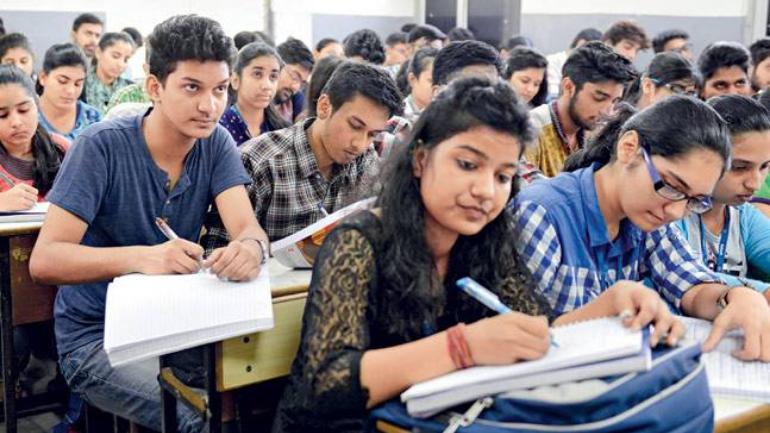Remember when you were young, and you would sometimes tease your friends telling them, they have small brains. Well, guess what? So do you! A new study at IIT Hyderabad has revealed that Indians have the smallest brains in the world. They have revealed this after creating the world’s first-ever Indian Brain Atlas. this is a template for the brains of people living in the Indian subcontinent. According to the study, the Indian brain is smaller in size, width and volume compared to the brain of people from the Western and Eastern parts of the world.
What’s In It?
The prestigious journal Neurology India published this interesting research. Jayanthi Sivaswamy and her team are the brains behind this research, who are a part of the Centre for Visual Information Technology. Jayanthi Sivaswamy stated to a leading news agency that when Indian brains, which are smaller in size are compared to the Montreal Neurological Institute template, the difference in the scan can look alarming. This leads to misdiagnosis. She further said that there is clear evidence based on the study that it is necessary to build a larger atlas. This would help understand what is considered structurally normal. When a larger atlas is built it can help detect several brain conditions early on.
Also Read: Study Suggests Social Media Increases Risk Of Mental Health Issues
What’s More?
Apart from the global standard of using the Montreal Neurological Institute template, created using the brains of the caucasian population, brin templates for even Chinese and Korean population exist. But Jayanthi Sivaswamy revealed that are stilldifferent from the Indian brain dimensions. So the team at Hyderabad has specially created India-specific brain templates using data collected from 50 individuals, balanced perfectly between males and females. MRI scans of the subjects’ brains were taken from 3 different hospitals across 3 different scanners to rule out variations in scanning machines. Jayanthi Sivaswamy and her team were encouraged by the results of the pilot study. So they proceeded to recruit 100 willing participants in the eventual construction of the atlas, which is also referred to as IBA 100. The considerable differences in brain dimensions are found at structural levels too, like the hippocampus and so on. But the IBA 100 is more comparable with Korean and Chinese atlases than the distant Caucasian one (MNI)
These researchers will take the assistance of these brain scans and try to find a cure for solving incurable brain-related problems like dementia and Alzheimer’s which are connected to the hippocampus. We applaud the fantastic research done by Jayanthi Sivaswamy and her team at IIT Hyderabad. But it still leaves us with a doubt whether our super ‘small’ Indian brains have any impact on our intelligence? Now we don’t know if this is an ‘intelligent’ question or not, so let’s blame the brain.

